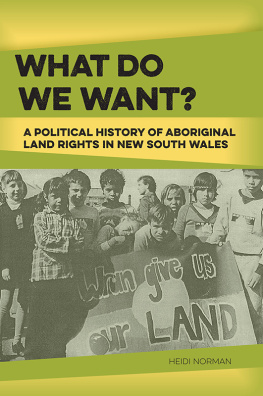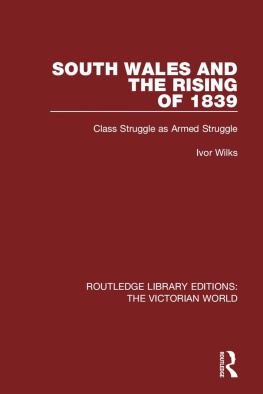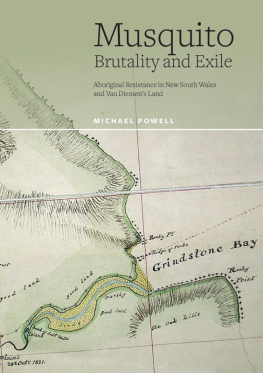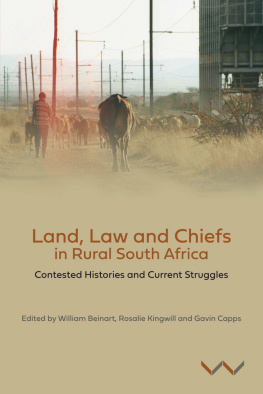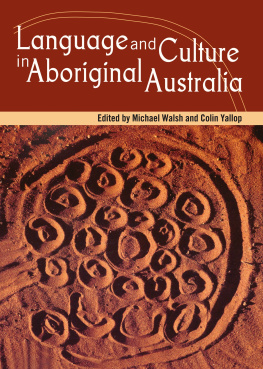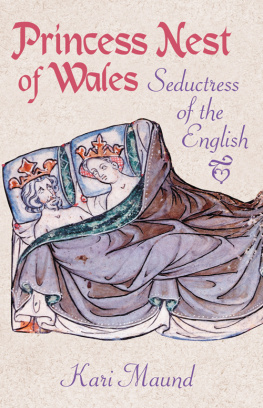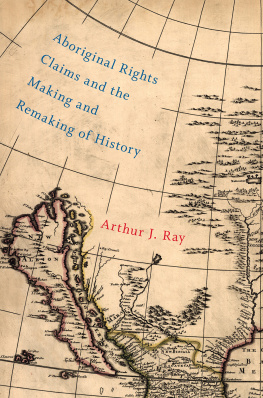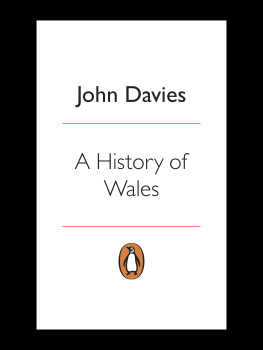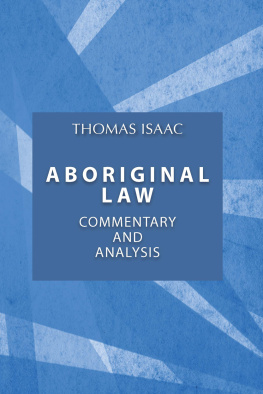This is a very welcome, long overdue and vitally important book. It combines compelling writing with deep research and insightful analysis to trace how Aboriginal people and NSW politics have been changed since 1983 by the NSW Aboriginal Land Rights Act. Aboriginal communities have been inextricably drawn into the processes of governance as they struggled to turn vision into reality. The strengths and limitations and the continuing tensions in Aboriginal land politics are explored as well as the remarkable continuity of optimism and hope. Professor Heather Goodall, University of Technology, Sydney
By recognising their ancient and customary right to land, the New South Wales government created the opportunity for Kooris and Murris to become modern subjects of government. Stepping away from any conception of Indigenous rights, Norman draws on the Foucauldian concept of governmentality to pose a cooler question: how have Aboriginal intellectuals refashioned themselves in order to perform their rights? Her pioneering study of Indigenous neo-liberalism reminds us that emancipation is an experiment in new selves. Professor Tim Rowse, University of Western Sydney
WHAT DOWE WANT?
A POLITICAL HISTORY OF ABORIGINAL LAND RIGHTS IN NEW SOUTH WALES
HEIDI NORMAN
First published in 2015 by Aboriginal Studies Press
Heidi Norman 2015
All rights reserved. No part of this book may be reproduced or transmitted in any form or by any means, electronic or mechanical, including photocopying, recording or by any information storage and retrieval system, without prior permission in writing from the publisher. The Australian Copyright Act 1968 (the Act) allows a maximum of one chapter or 10 per cent of this book, whichever is the greater, to be photocopied by any educational institution for its education purposes provided that the educational institution (or body that administers it) has given a remuneration notice to Copyright Agency Limited (CAL) under the Act.
Aboriginal Studies Press is the publishing arm of the Australian Institute of Aboriginal and Torres Strait Islander Studies.
GPO Box 553, Canberra, ACT 2601
| Phone: | (61 2) 6246 1183 |
| Fax: | (61 2) 6261 4288 |
| Email: |
| Web: | www.aiatsis.gov.au/asp/about.html |
National Library of Australia Cataloguing-in-Publication
Creator: Norman, Heidi, 1970- author.
Title: What do we want?: a political history of Aboriginal land rights in NSW / Heidi Norman.
| ISBN: | 9781922059901 (paperback) |
| 9781922059918 (PDF ebook) |
| 9781922059925 (ePub) |
| 9781922059932 (Kindle) |
Notes: Includes index.
Subjects: Land tenure New South Wales History.
Aboriginal Australians Legal status, laws, etc.
New South Wales--History. Aboriginal Australians
New South Wales Land tenure.
Dewey Number: 333.209944
Front cover: Children protesting: Wran Give Us Our Land. Photograph by Elaine Syron, NSWALC.
Back cover: Heidi Norman. Photograph by Barbara McGrady.
CONTENTS
Illustrations between pp. 112 and 113
These have been removed from the ebook editions due to copyright reasons.
ACKNOWLEDGMENTS
This book has been made possible through the generous support of many research participants who freely gave their time and resources. The ideas in this book took shape from these formal and informal exchanges over several years, as a narrative gradually emerged.
In particular, support has been provided by former CEO of the NSW Aboriginal Land Council, Geoff Scott, who provided access to the archives. I would especially like to thank Phillip Mundine, who was keen to hear the stories from the archives and relive the moments with me. The late Maurie Keane was not only a willing research participant and phenomenal archivist but his active enthusiasm for my study of the ALRA was inspiring. Both Maurie and Frank Walker generously bequeathed their personal archives to me; both are now available at the State Library of NSW. Peter Thompson was similarly enthusiastic and I am grateful for access to his remarkable archive of files, particularly for the 198891 period, and his enlivening of their content. The front cover picture is reproduced with kind permission by the photographer, Elaine Syron. The image has been something of an inspiration as I have thought through the significance of Land Rights over time and across generations.
This book started out as a doctoral thesis under the exceptional supervision of my lead supervisor, Professor Gillian Cowlishaw. Her unwavering support and critical engagement with my ideas as they have developed over the last several years has been an honour, and I now apply similar care to my own doctoral students.
I particularly acknowledge my colleagues in the Communication Program in the Faculty of Arts and Social Sciences, and research centre, Cosmopolitan Civil Societies, at the University of Technology, Sydney (UTS). Professors Goodall, Jakubowicz, Collins and Goodman have provided invaluable support along the way. I also acknowledge the valuable support of Sydney University staff in the School of Social and Political Sciences, where I undertook my postgraduate studies.
The UTS has provided the collegial and scholarly environment for the development of Indigenous scholarship. I worked closely with Dr Bob Morgan in my first university employment at what became the Jumbunna Indigenous House of Learning, a connection that continues today. My participation in Professor Marcia Langtons postgraduate summer school, and her guidance, was the catalyst for developing the form of the book.
A research grant from the Australian Research Council meant that I was able to focus on my research and writing. For this I am very grateful.
The excellent support in the development of the manuscript by Aboriginal Studies Press Director Rhonda Black, and staff Rachel Ippoliti and Lisa Fuller, has been much appreciated. Sue Jarvis provided excellent editing advice.
Lastly, my family and friends have lived with this study and shared in the debates and themes as they have emerged. Thank you to my family and friends for your support, love and interest in my work. This study is dedicated to my late Uncle (Bob) whose life was tragically cut short following an industrial accident. A unionist and Land Rights advocate, he contributed significantly to my understanding of the world and the contribution we should make.
ACRONYMS AND ABBREVIATIONS
| AAB | Aboriginal Advisory Board |
| AAF | Australian Aboriginal Fellowship |
| AAPA | Australian Aboriginal Progressive Association |
| ADC | Aboriginal Development Commission |
| ALC | Aboriginal Land Council |
| ALCU | Aboriginal Land Claims Unit |
| ALFC | Aboriginal Land Fund Commission |
| ALRA | Aboriginal Land Rights Act 1983 |
| ALS | Aboriginal Legal Service |
| ALT | Aboriginal Lands Trust |
| AMS | Aboriginal Medical Services |
| APA | Aborigines Progressive Association |
| APB | Aborigines Protection Board |
| ATSIC | Aboriginal and Torres Strait Islander Commission |

